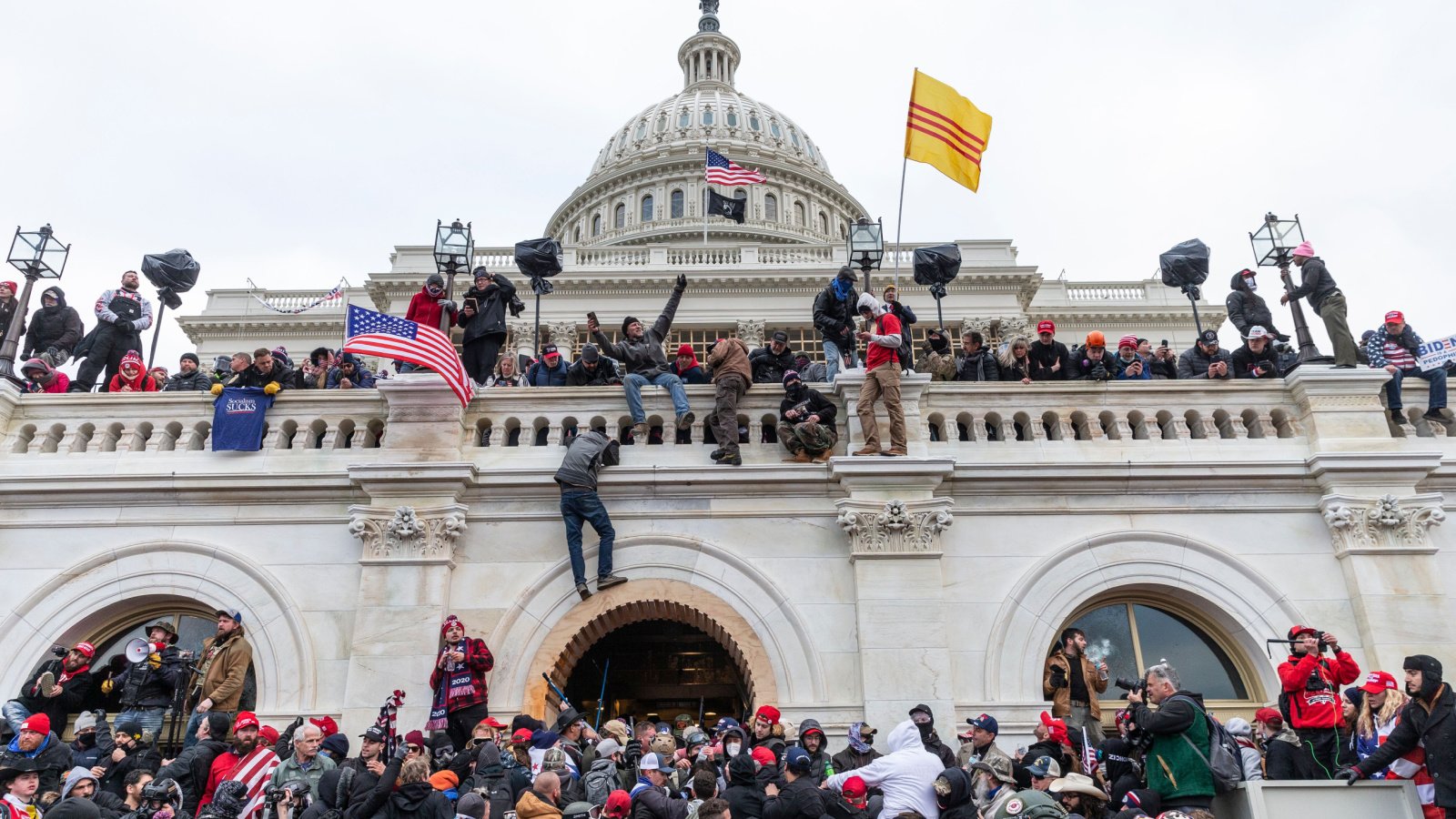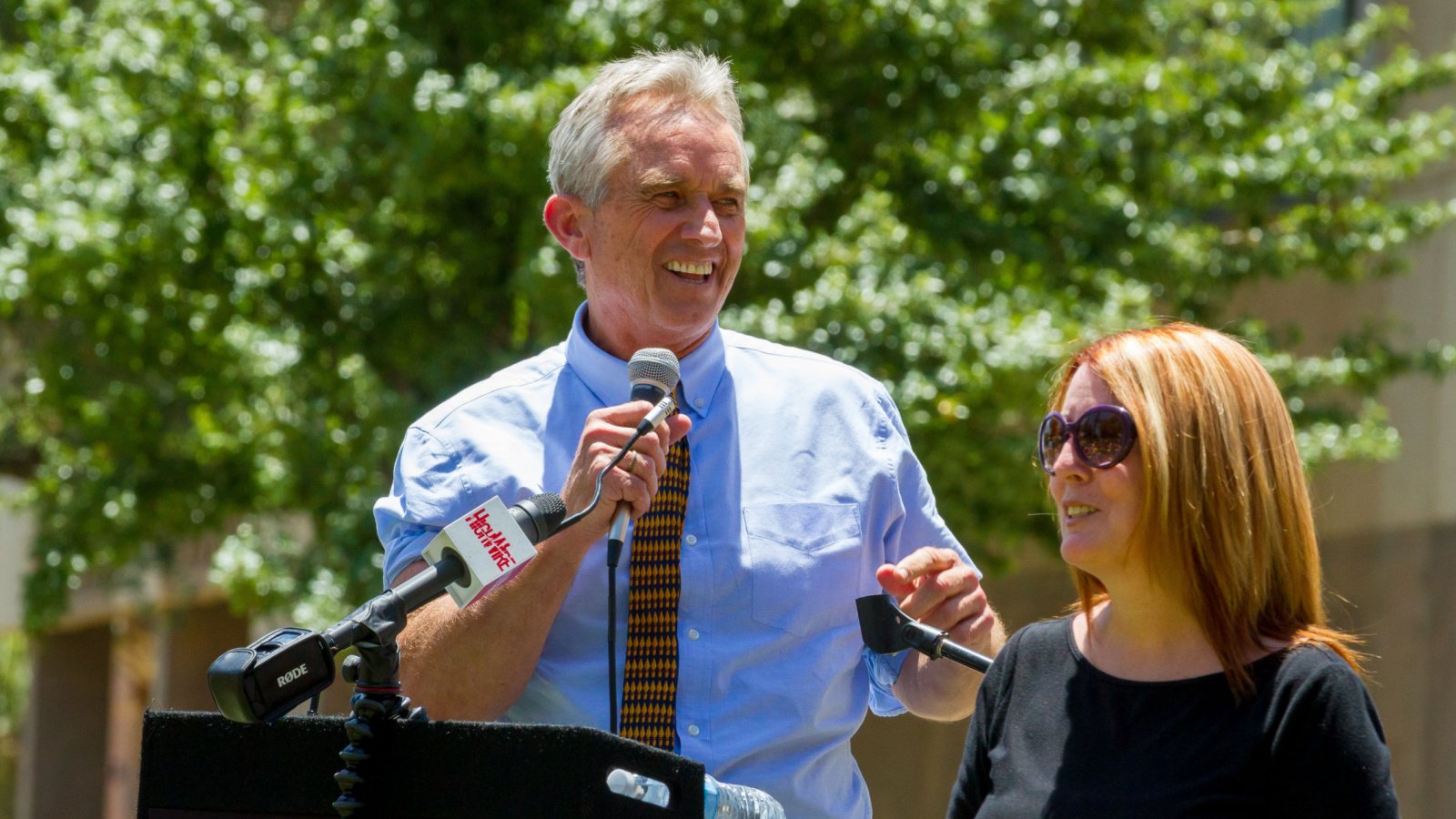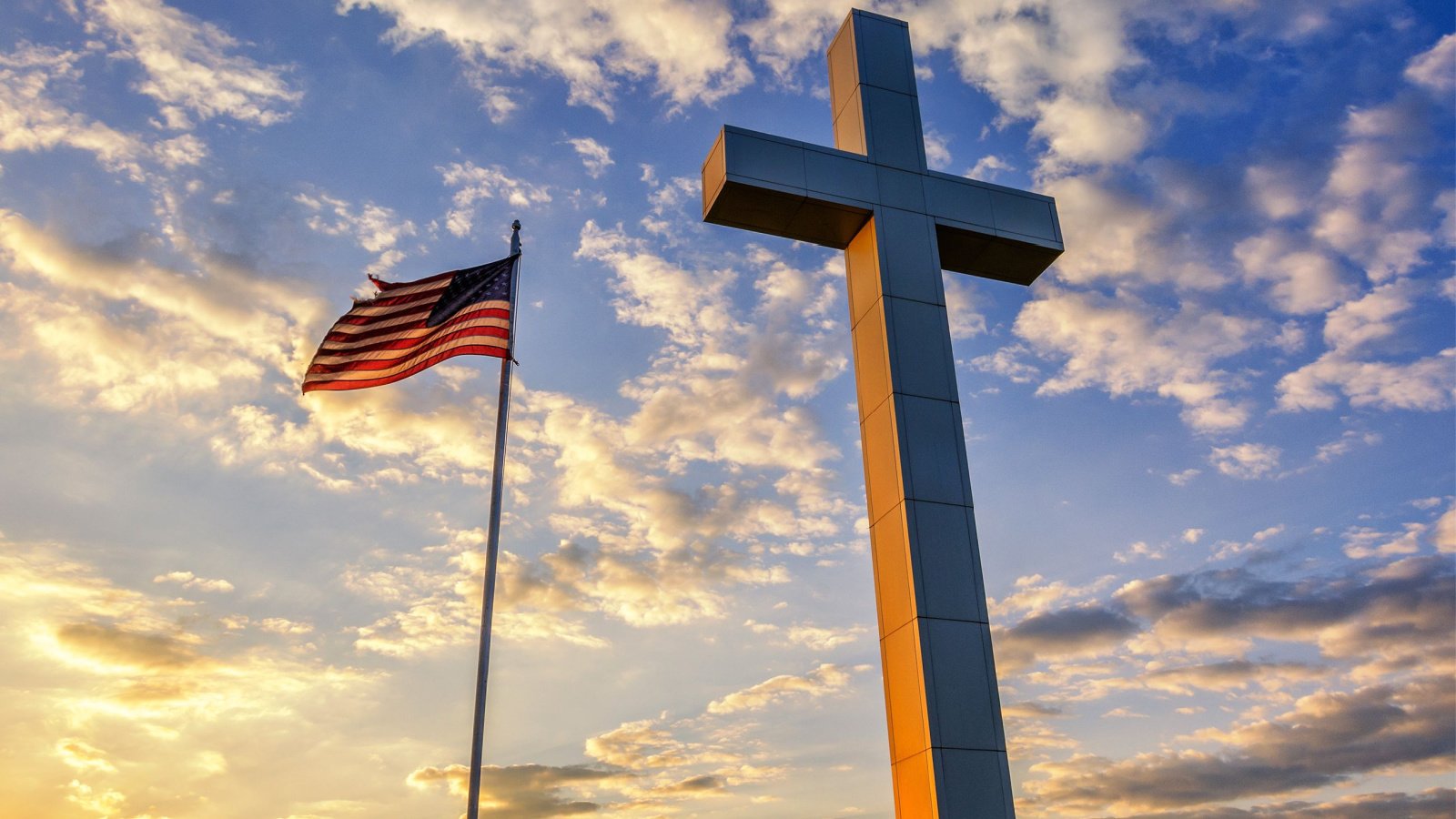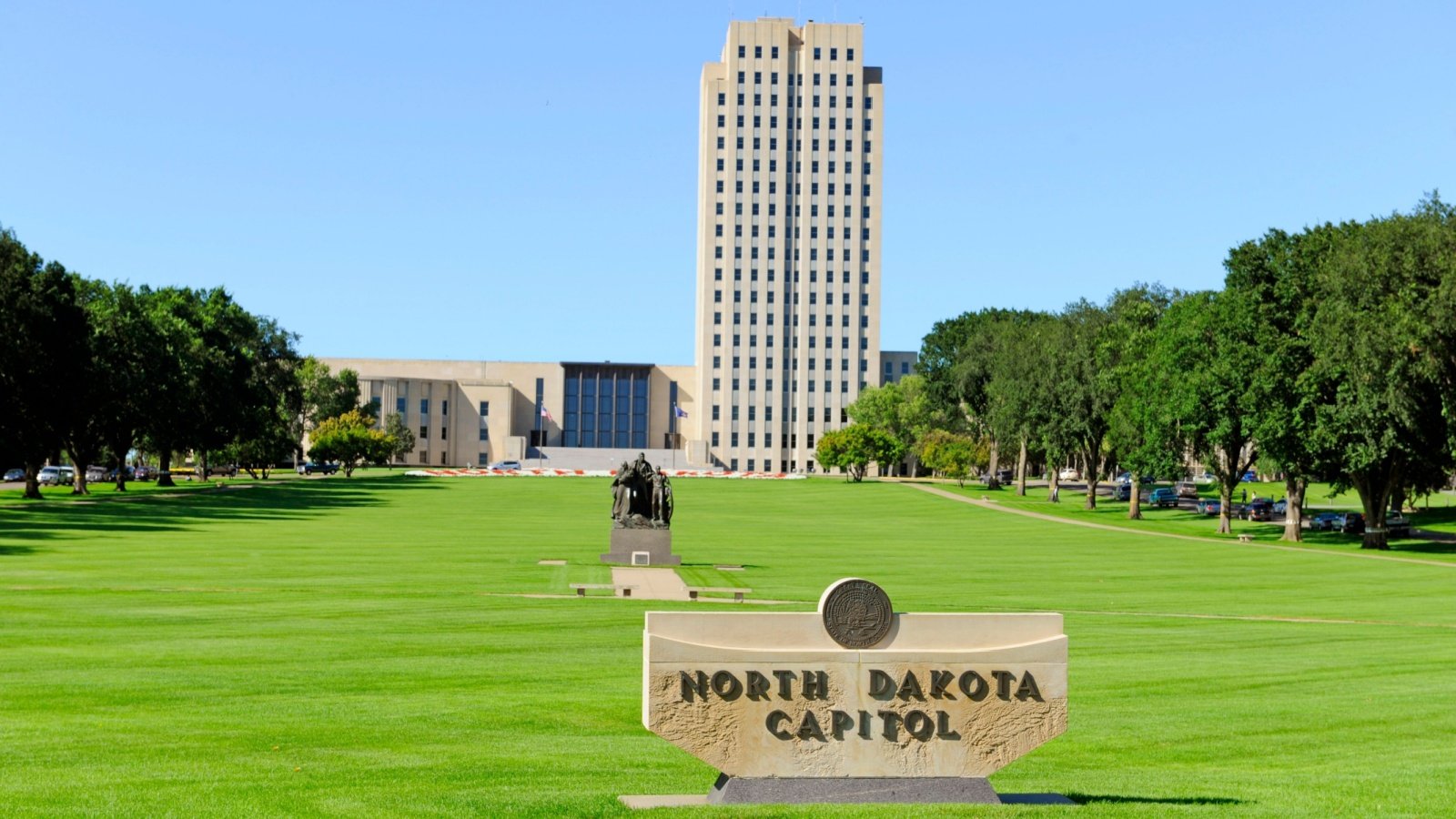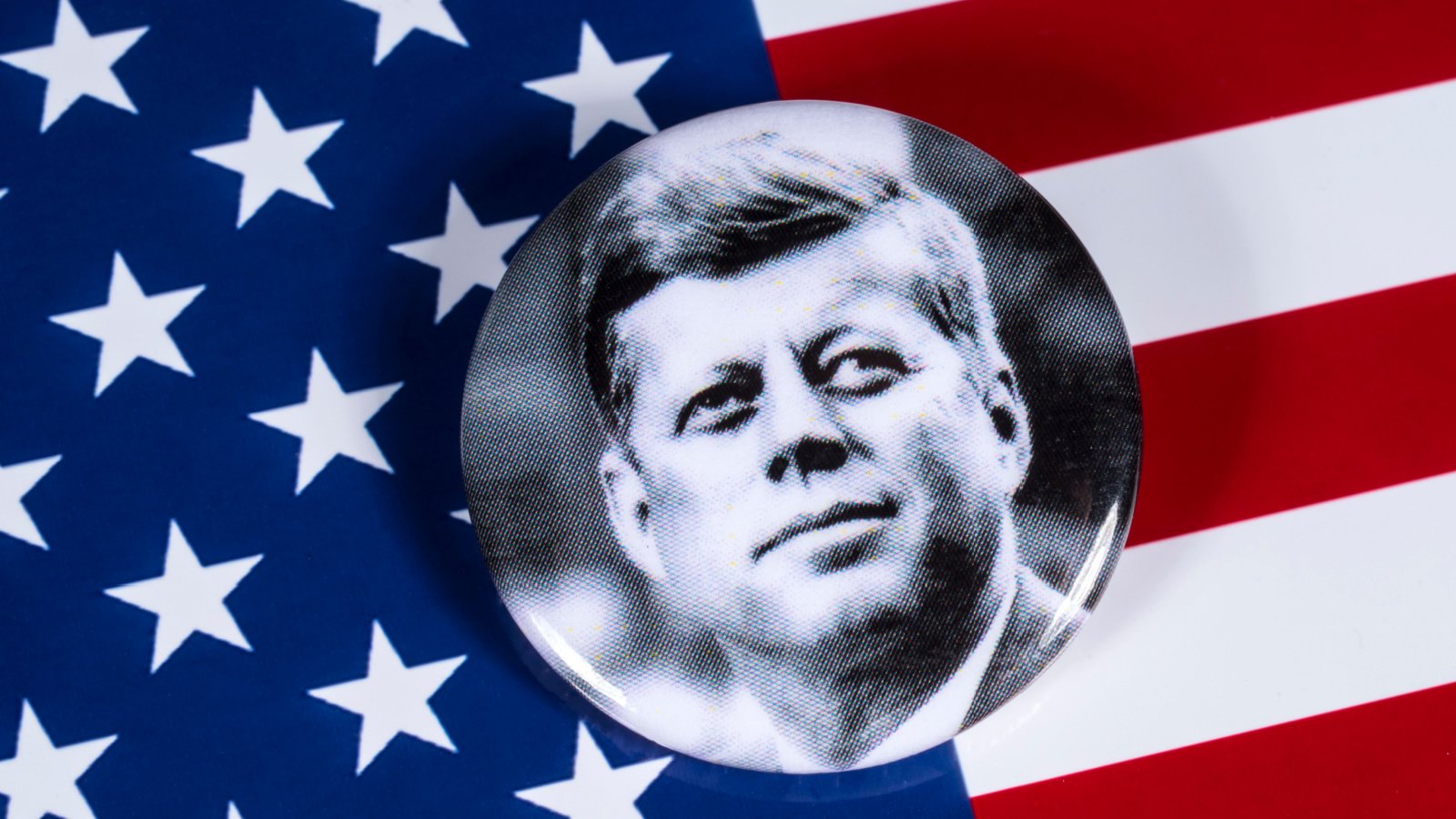The U.S. Supreme Court has begun hearing arguments on a significant legal challenge that may directly affect former President Donald Trump and numerous January 6 riot participants. This case involves a federal law, originally enacted in response to the Enron scandal, which targets individuals who obstructed an official proceeding. The Justices could have the case thrown out, undermining the effort of FBI’s special counsel Jack Smith to hold President Trump accountable for alleged criminal actions on January 6, 2021.
The Charge in Question
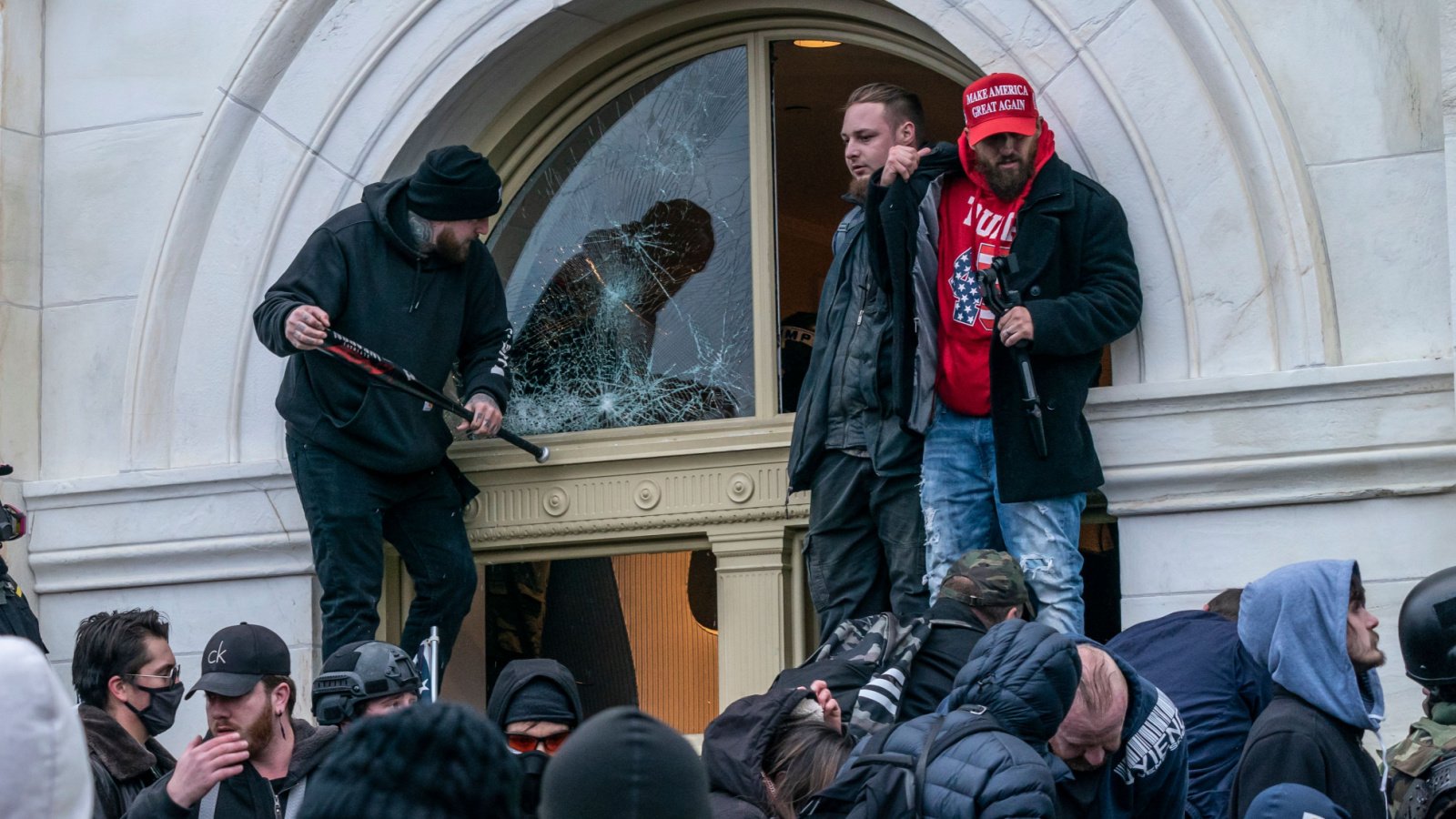
The central legal question is whether the obstruction statute can be validly applied to the actions of those involved in the Capitol riot. This includes Donald Trump, who is implicated in several related legal proceedings.
Broad Impact of the Case
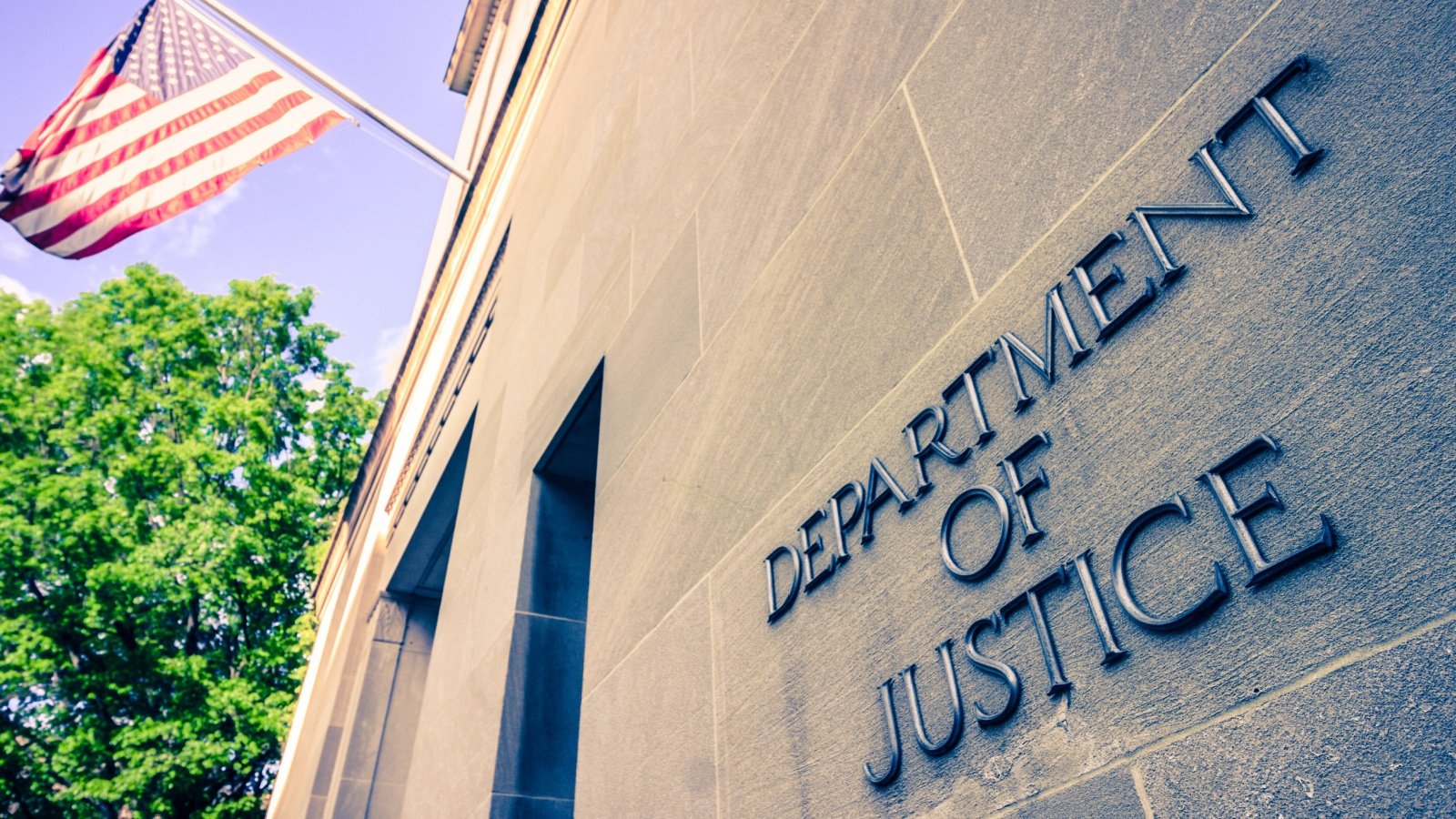
This legal scrutiny is not just about the former president; it affects approximately 330 people charged under the same statute in connection with the January 6 event, according to Justice Department data.
Legal Background of the Obstruction Charge

The obstruction charge was designed to penalize those who interfere with governmental operations, a measure that gained importance following corporate scandals in the early 2000s. Its relevance to political and riot-related contexts is now being tested.
Trump’s Legal Challenges
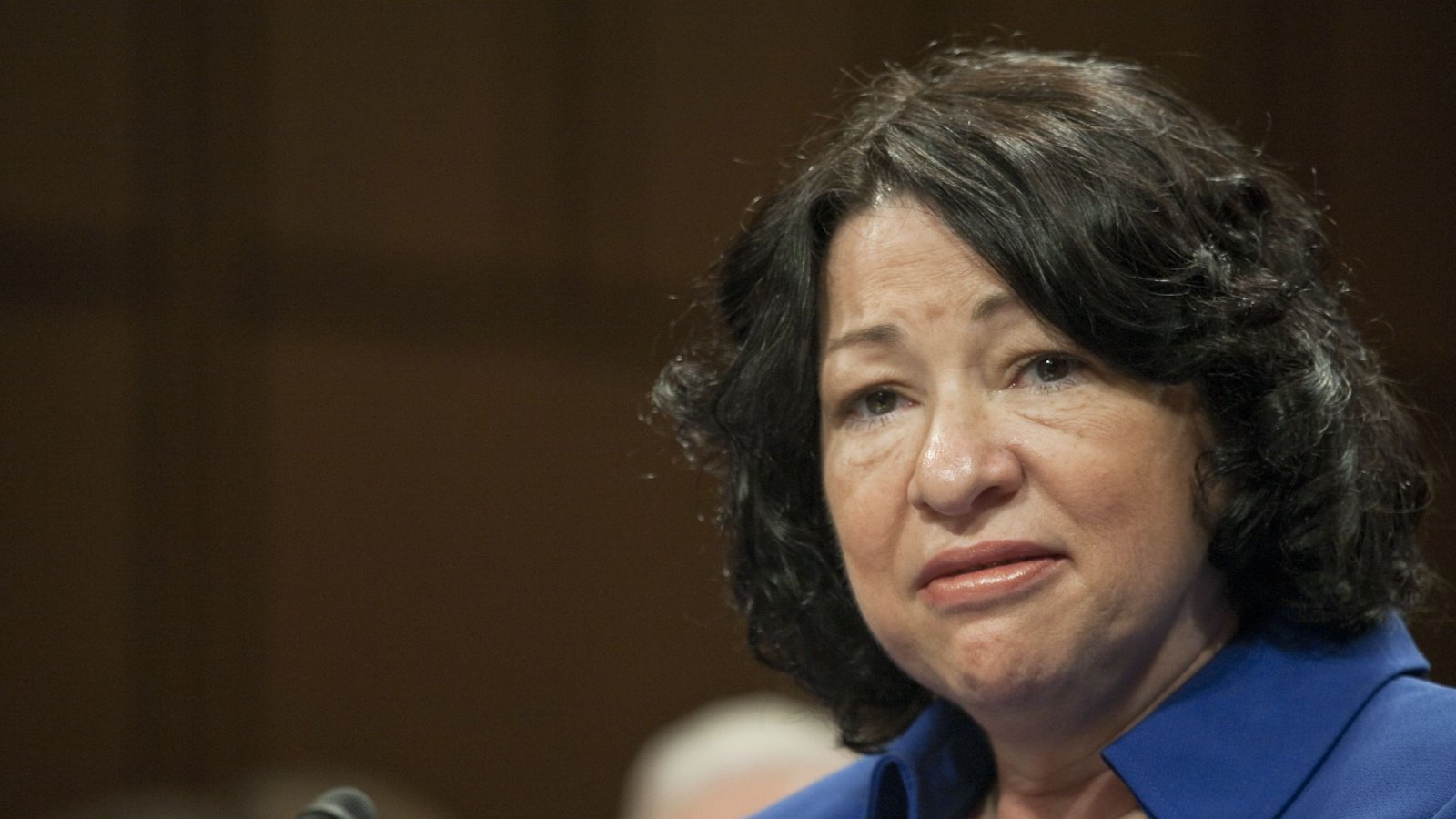
Trump, already facing various charges including those related to election interference and mishandling classified documents, could see a significant shift in his legal landscape depending on the Supreme Court’s decision.
The First of Many Hearings
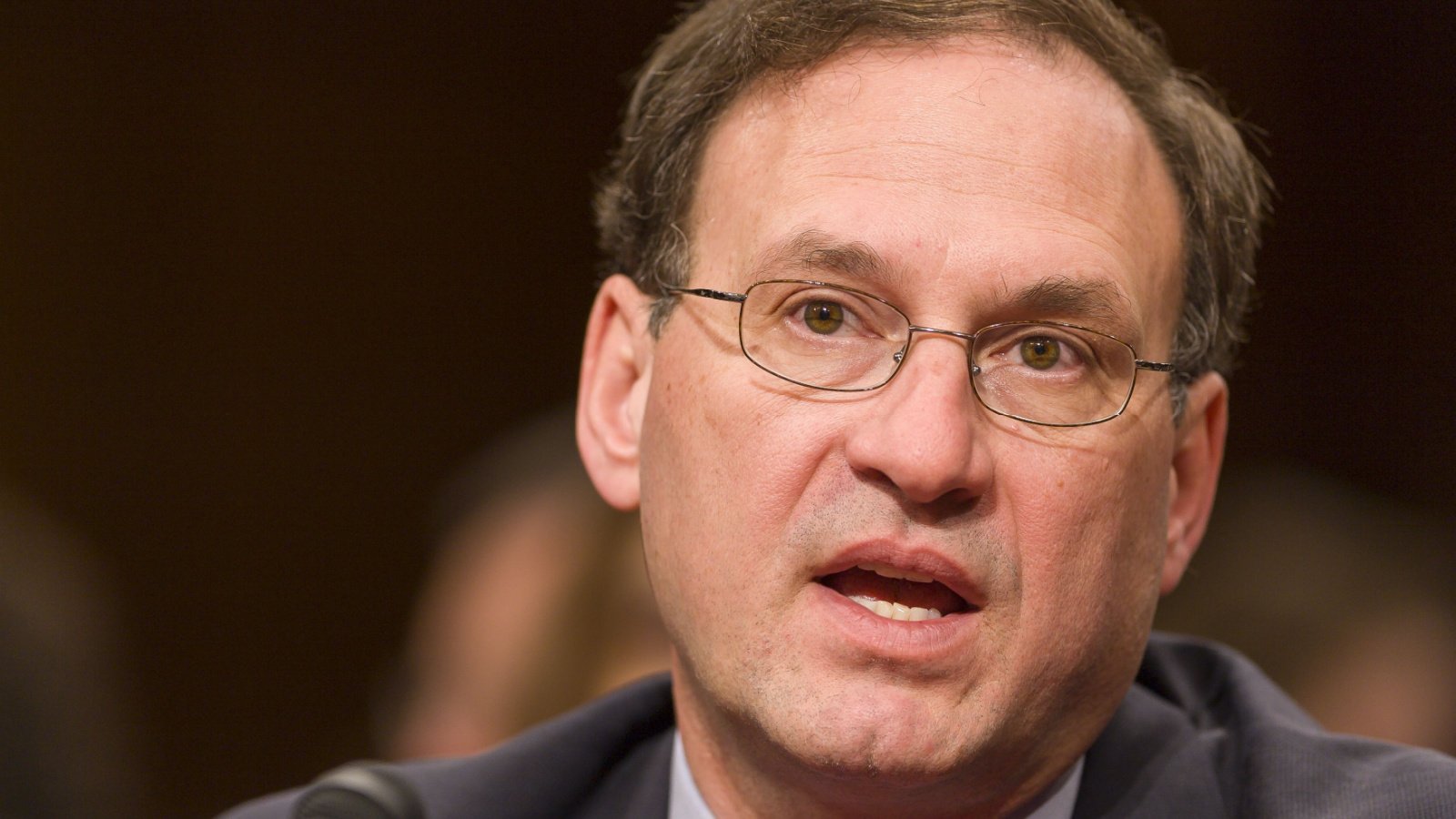
This week’s hearing is just the beginning, with the justices scheduled to delve into more complex issues related to presidential immunity in subsequent sessions. These hearings could set precedents affecting presidential accountability for years to come.
Potential Outcomes

The possible outcomes of these cases range from a reaffirmation of the charges to a complete dismissal, depending on how the Supreme Court interprets the scope and intent of the law.
Defense Arguments

Defense lawyers argue that the law was intended to address corporate fraud, not to police political protests or riots. They contend that applying this law to January 6 defendants is an overreach.
Prosecution’s Stance

Contrarily, prosecutors maintain that the statute is sufficiently broad to cover the actions on January 6, arguing that it encompasses any effort to obstruct governmental functions, which would include the certification of election results.
Political Reactions

The case has stirred significant political debate, with figures across the spectrum weighing in on the implications for justice and political partisanship.
Judicial Perspectives
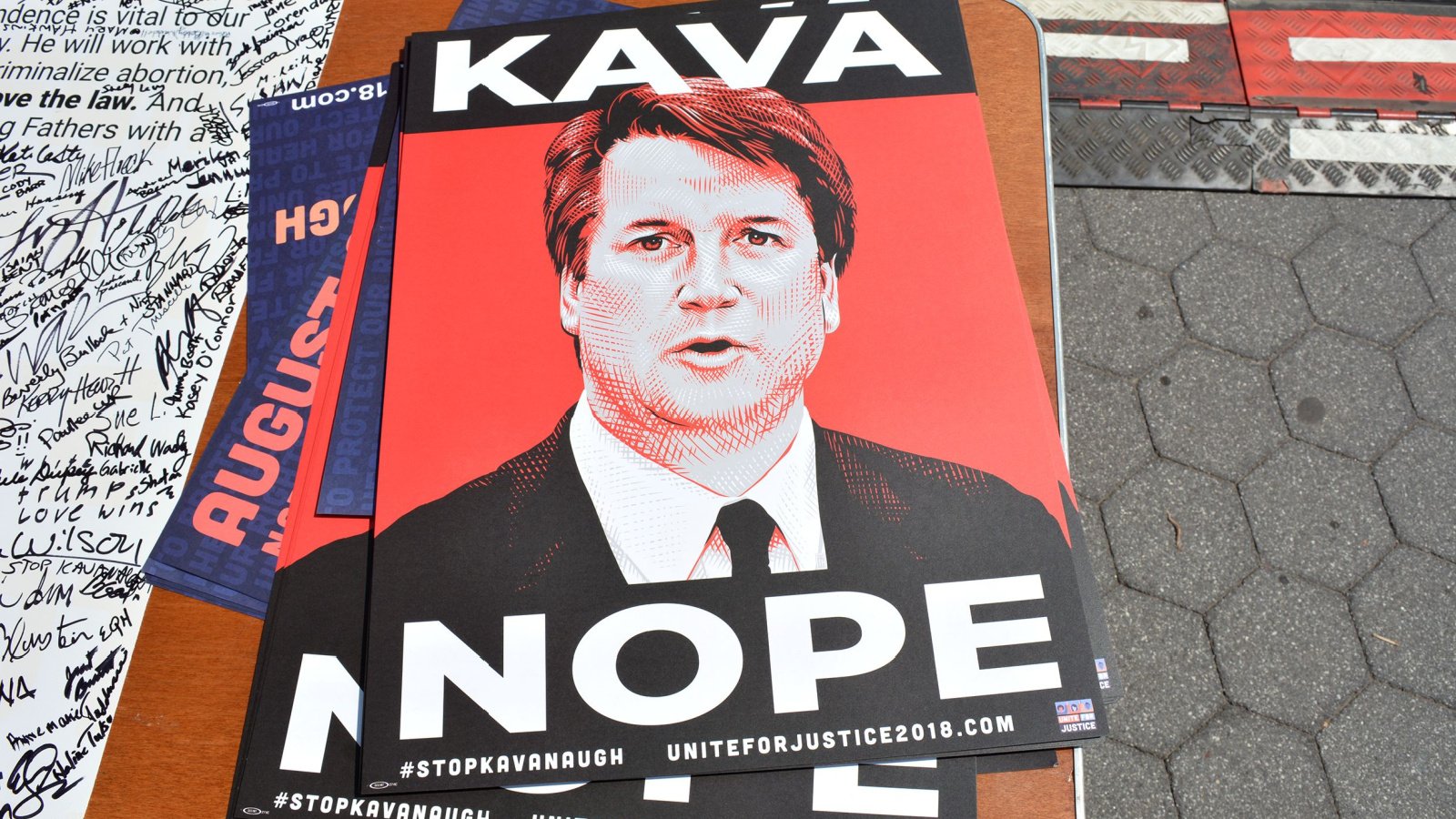
Various judges, including those appointed by Trump, have offered differing opinions on the applicability of the obstruction charge in this context, adding layers of complexity to the issue as it moves through the higher courts.
Implications for January 6 Defendants

Many of those charged in connection with the January 6 riot are closely monitoring the outcome, as it could influence their own legal battles, potential convictions, or ongoing prison terms.
Public and Media Attention

The hearings have attracted widespread media coverage and public interest, highlighting the deep divisions and ongoing interest in the ramifications of the Capitol riot.
Looking Ahead

As the Supreme Court continues to hear these cases, the nation watches closely. The decisions made could redefine the boundaries of legal accountability for political actions in the United States, setting significant precedents for future governance and legal interpretations.



